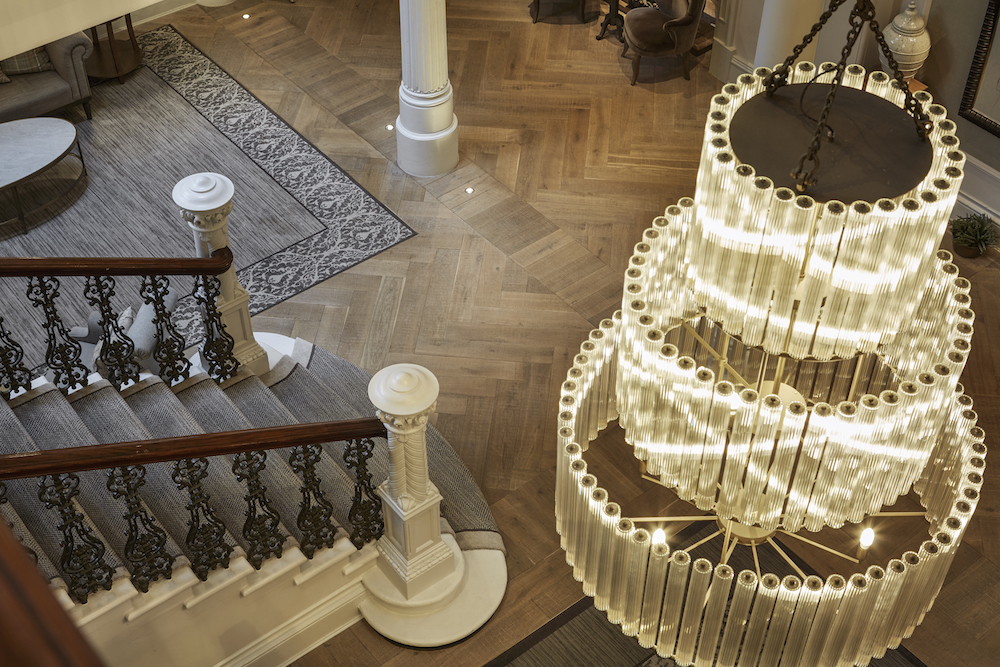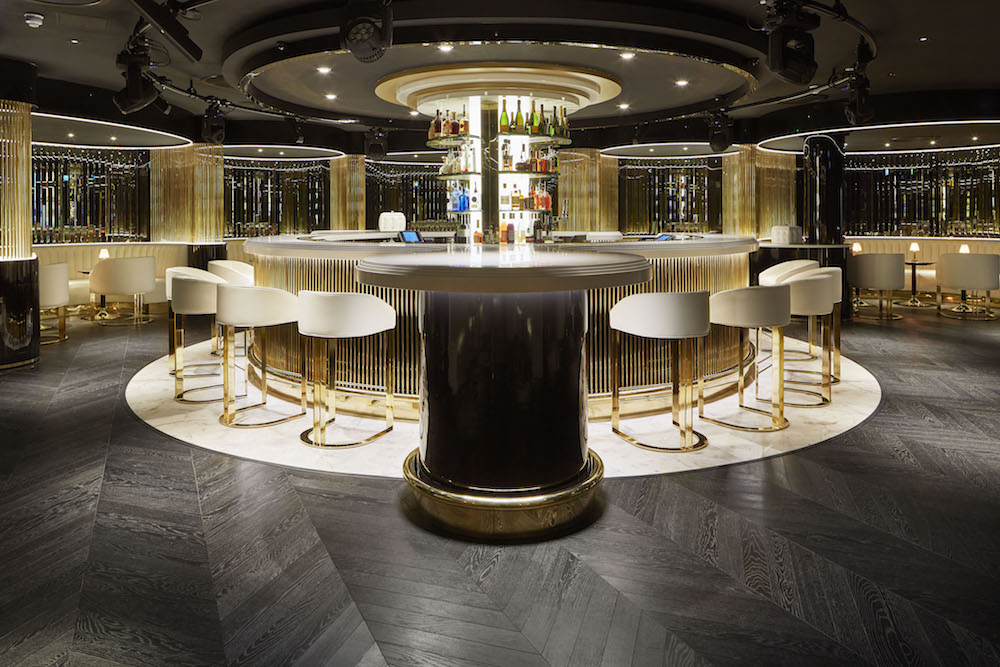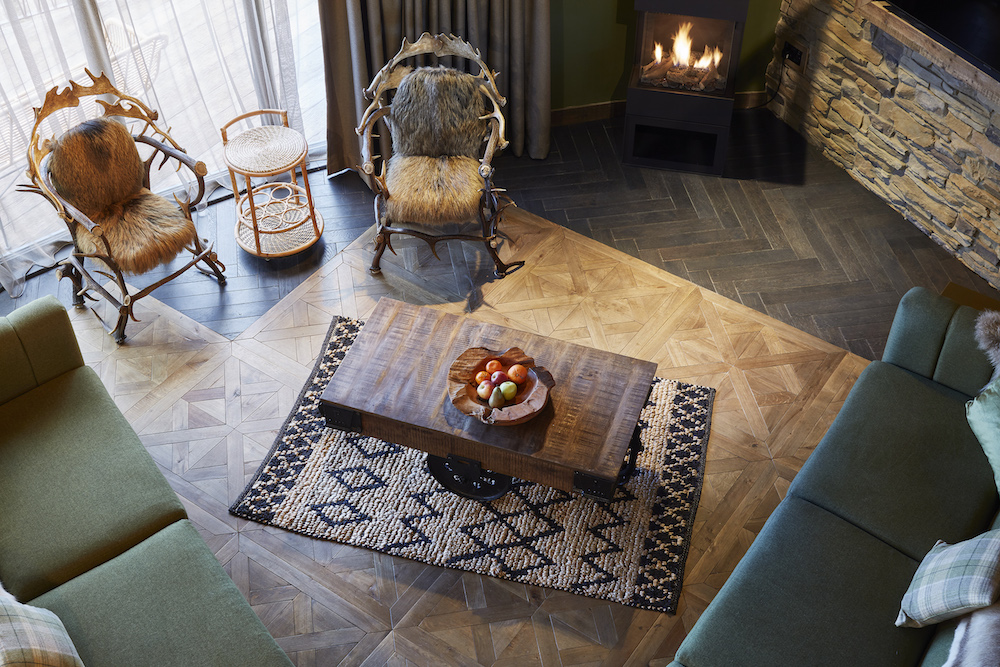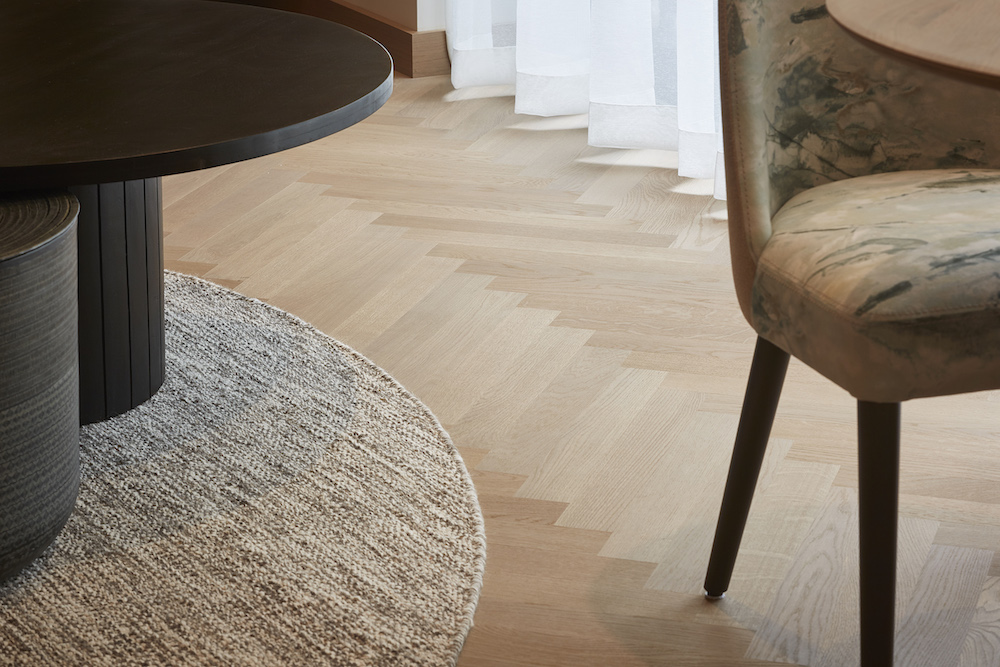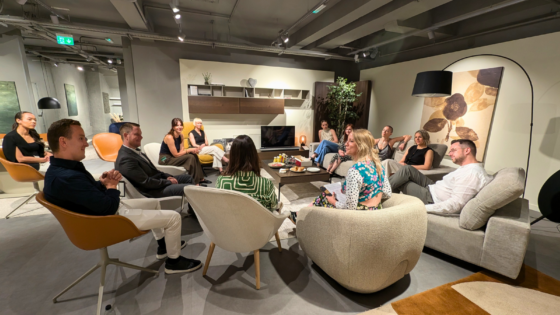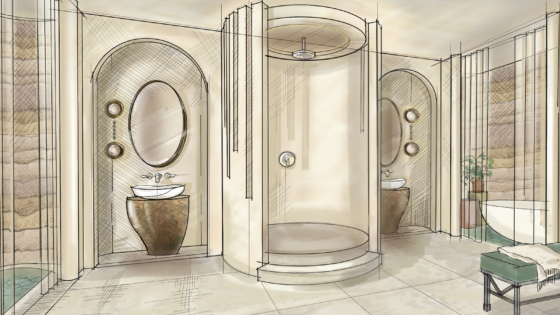Havwoods, which recently presented a Product Watch Pitch at Hotel Designs LIVE during a panel discussion on the topic of sustainability, has introduced HavSeal stamp of approval to further encourage sustainable and responsible procurement of wood flooring within its supply chain…
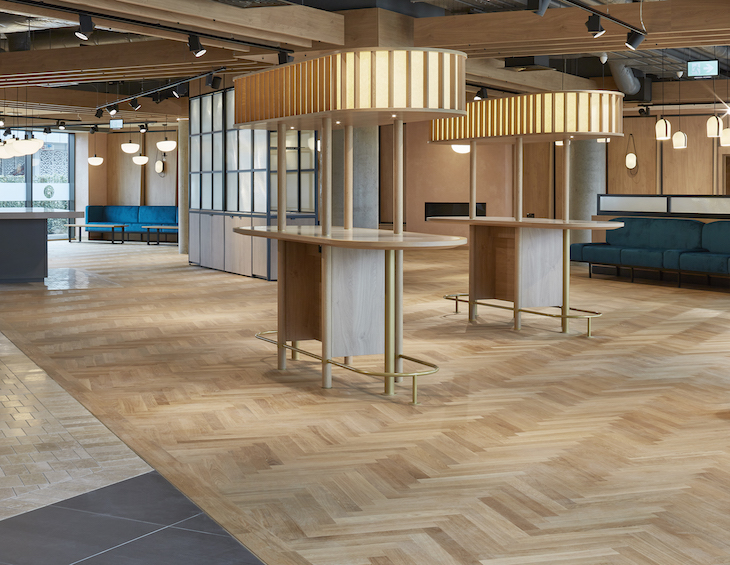
Environmentally sustainable design is the philosophy of designing physical objects, the built environment, and services to comply with the principles of ecological sustainability. Over recent years, the realisation that many of our human practices are destroying the earth has led to this growing emergence of eco-design, which is increasingly being integrated, into every phase of a potential new product, from conception to completion.
- Image caption: Public areas inside Principal York | Image credit: Havwoods
- Image caption: Bar area inside Grantley Hall | Image credit: Havwoods
In this way, when we consider the environmental impacts throughout all stages of the product development process, we more thoughtfully create eco-design products – those that aim to make the lowest possible environmental impact throughout their lifecycle.
According to Greenpeace, human consumption of natural resources has doubled over the last 30 years. Of course, we have good reasons to manufacture better and more efficiently: raw materials and natural resources are finite and, if we do not do better, they will run out.
Eco-design differs slightly from green design, which is perhaps a term more often used – it is an easy mistake to interchange the two phrases. Whereas eco-design is a more natural, organic practice from start to finish, green design focuses more upon the use of recycled materials, renewable energies and a reduction of material waste. Therefore, it is more efficient to adopt an environmentally sustainable approach from the very start.
Wood is one of the few renewable choices of building material for flooring. Other materials are derived from fossil fuels (such as plastic) or take huge amounts of energy to produce (such as concrete). In contrast, wood is a renewable, natural resource which, when managed correctly can provide an unlimited supply. But it is important to carefully monitor and apply policies to ensure that the journey of the wood is sustainable, every step of the way.
- Image caption: Wooden floors inside room at Ramside Treehouses | Image credit: Havwoods
- Image caption: Close-up of wooden floors inside Storrs Hall | Image credit: Havwoods
Havwoods has recently introduced HavSeal™ stamp of approval, which means that even further measures than ever before are taken to ensure sustainable and responsible procurement within their supply chain. The HavSeal stamp of approval is awarded to those products that exceed the already high standards needed to ensure entry into its portfolio. As part of this process Havwoods not only considers the origin, the legality and sustainability of each of the products but also the energy that goes into production of the product, the chemical content of the product as well as the mill’s commitment to re-using its waste.
The Green Seal award is given to products that offer extra international accreditation, identified as coming from sources that offer higher standards of energy use and waste generation. The Gold Seal is awarded to the products coming from mills that show an extreme passion and proactive approach to ecological benefits such as reusable heating for local communities, the powering of wind turbines, financing the re-introduction of animals into the forest areas and commitments to replanting forest and woodland areas.
These awards are used to encourage and educate the supply chains so that only the very best quality products are offered to the Havwoods’s customers.
Havwoods was a Product Watch Pitch partner at Hotel Designs LIVE, which took place on February 23, 2021. Read more about the virtual event here. The next Hotel Designs LIVE will take place on May 11 2021.
Main image credit: Havwoods

